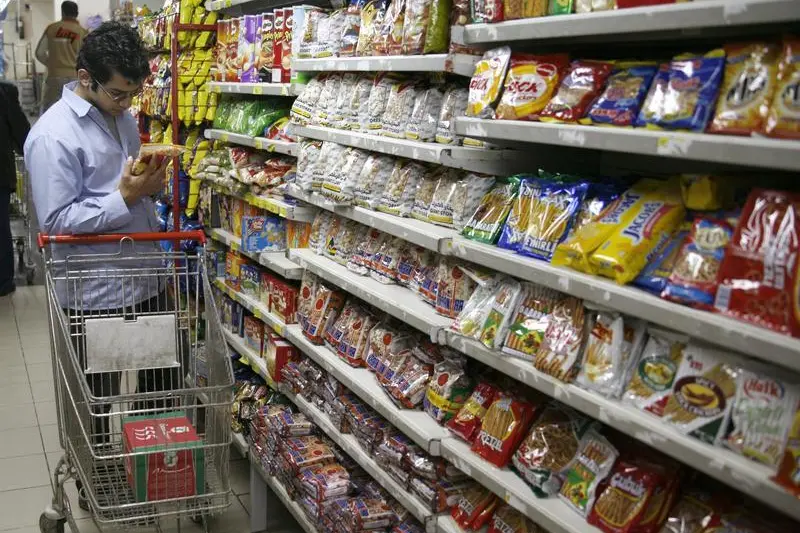PHOTO
BEIRUT - Consumer confidence in the second half of 2017 improved slightly, according to the Byblos Bank/AUB Consumer Confidence Index. “The Byblos Bank/AUB Consumer Confidence Index posted a monthly average of 58.4 in the third quarter of 2017 and increased by 6.6 percent from the preceding quarter. The Index reached 61.8 in the fourth quarter of 2017 and grew by 5.9 percent from the preceding three months. The results of the third quarter of 2017 were the 15th highest since the Index’s inception in July 2007, while the outcome of the fourth quarter was the 13th highest in 42 quarters,” the report said.
The index reflects the mood of Lebanese consumers in terms of their willingness to buy commodities
The survey noted that public sector employees posted a higher level of confidence than consumers in other occupational categories in the second half of 2017, constituting the first such occurrence in 21 semiannual periods since the index’s inception in July 2007.
“Also, public sector employees posted an average monthly confidence reading of 83.5 during the second half of 2017 compared to 47.4 in the first half of the year, triggered by the increase in their salaries and wages. In addition, the unemployed were the most pessimistic during the second half of 2017, constituting the 13th such instance in 21 semiannual periods since the start of the index’s calculation,” the index said.
“On a quarterly basis, public sector employees posted a higher level of confidence than consumers in other occupational categories in the third quarter of 2017, followed by the self-employed, private sector employees, students, housewives and the unemployed. Similarly, public sector employees had the highest level of confidence during the fourth quarter of 2017, followed by the self-employed, students, private sector employees, housewives and the unemployed,” the report said.
It added that only 11.1 percent of surveyed Lebanese in the fourth quarter of 2017 expected their financial condition to improve in the coming six months.
“Consumers with a monthly income of $2,500 or higher were more confident than citizens in lower income brackets in the second half of 2017,” the report said.
Lebanon’s civil servants, military personal and public school teachers all benefited from salary scale changes in July of 2017.
Some economists stressed the increase in public sector salaries would allow more spending on consumer goods and thus boost the retail market which was in a state of stagnation due to slow economic growth.
However, private sector employees have not received a similar salary increase. It is highly unlikely that employers and companies will agree to increase the salaries of their staff; they say such a step would further strain their business operations.
The report said that consumer sentiment in the third quarter of 2017 was influenced by the Parliament’s ratification of the tax law that raised taxes on consumption, income and profits, as well as by the across-the-board increase in the wages and salaries of public sector employees and workers.
“The withdrawal of Prime Minister Saad Hariri’s resignation towards the end of November 2017 and the resumption of the proper functioning of the government in December were the key factors for the recovery in household sentiment during the fourth quarter of 2017,” the report explained.
Copyright © 2018, The Daily Star. All rights reserved. Provided by SyndiGate Media Inc. (Syndigate.info).





















